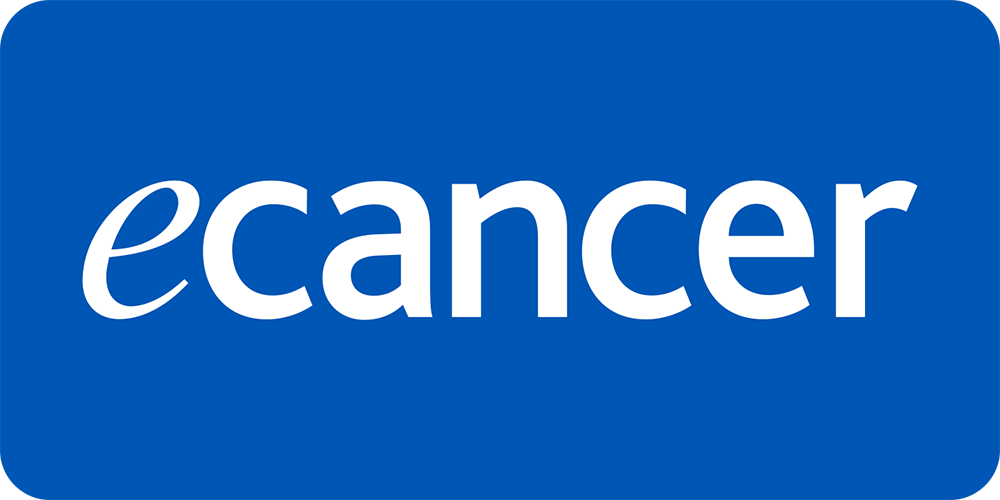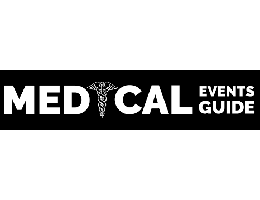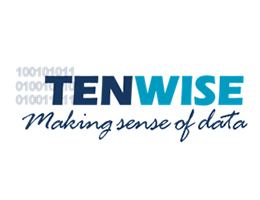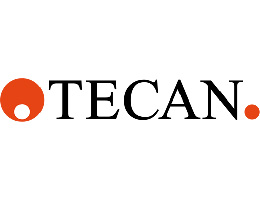About Conference
Join Us at the International Conference on Oncology And Cancer
Dates: October 27–28, 2025
Location: Online
Dear Doctors, Healthcare Professionals, Researchers, and Students
Researchers Fusion are excited to extend a warm invitation to you for the 5th International Conference on Oncology And Cancer, taking place as an interactive on October 27–28, 2025. This congress promises to be a dynamic platform for sharing cutting-edge research, exploring innovative therapies, and discussing the latest trends in combating Oncology And Cancer.
Oncology is the branch of medicine that focuses on the diagnosis, treatment, and prevention of cancer. It is a complex field that involves various specialists and approaches to managing cancer at all stages. Here's a broad overview of oncology and cancer:
What is Cancer?
Cancer is a collection of related diseases where abnormal cells begin to divide without control and can invade nearby tissues. These uncontrolled cells may also spread to other parts of the body via the bloodstream or lymphatic system (a process known as metastasis). Cancer can develop in almost any organ or tissue of the body, such as the lungs, colon, prostate, skin, or breast.
Types of Cancer
There are many different types of cancer, classified primarily based on the organ or cell type from which the cancer originates. Major categories include:
Carcinomas – cancers that begin in the skin or in tissues that line or cover internal organs (e.g., lung, breast, and colon cancer).
Sarcomas – cancers that begin in bone, cartilage, fat, muscle, or other connective tissues.
Leukemias – cancers that begin in blood-forming tissues, such as the bone marrow, and affect the blood and bone marrow.
Lymphomas – cancers that begin in lymphocytes (a type of white blood cell), typically affecting the lymph nodes.
Central nervous system cancers – cancers that begin in the brain or spinal cord.
Causes and Risk Factors
The exact cause of cancer is often unknown, but there are various factors that increase the risk of developing cancer, including:
Genetics: Inherited mutations in certain genes can increase the risk (e.g., BRCA1/BRCA2 gene mutations for breast cancer).
Environmental factors: Exposure to carcinogens (e.g., tobacco smoke, radiation, asbestos) increases the risk.
Lifestyle factors: Diet, lack of physical activity, obesity, and alcohol use can contribute to cancer development.
Infections: Certain viruses and bacteria are linked to cancer (e.g., HPV and cervical cancer, H. pylori and stomach cancer).
Age: The risk of cancer increases with age due to the accumulation of genetic mutations over time.
Why to Attend?
Expert Speakers: Hear from leading experts in the field who will share their insights and discoveries.
Networking Opportunities: Connect with peers, colleagues, and mentors from around the globe.
Educational Sessions: Gain knowledge from comprehensive sessions covering various aspects of infectious diseases.
Research Presentations: Showcase your research findings and contribute to the advancement of knowledge.
Virtual Exhibition: Explore the latest advancements in diagnostics, treatments, and technologies.
Who Should Attend?
Doctors and Healthcare Practitioners
Researchers and Scientists
Students and Academicians
Public Health Officials
Recommended Oncology And Cancer Conferences: :Oncology Conferences | Cancer Research Conference | International Conference on Cancer | Cancer Treatment Innovations | Clinical Oncology Conference | Cancer Prevention and Control | Hematology and Oncology Conference | Cancer Genetics and Genomics
Speakers
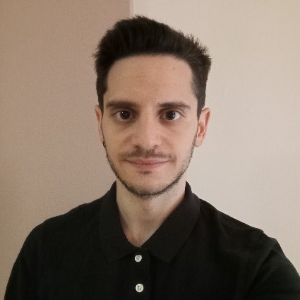
Andreas Christodoulou
Serres General Hospital, Greece
Anna Konopka
Macquarie University, Australia
Barry Hammond
Department of General Dentistry
Ranjan Ramasamy
Id-Fish Technology Inc, Milpitas, United States
Krzysztof Skowron
Nicolaus Copernicus University in Torun, Poland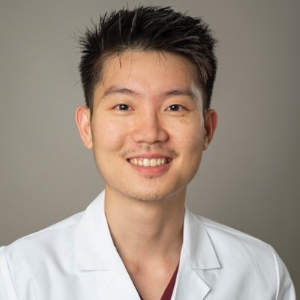
Aung Sitt Naing
Eastern Virginia Medical School, United States
Julissa Soto
Julissa Soto Latino Health Equity Consulting, United States
Eric Brownhill
Jacobi Medical Center, United States
Jonathan Lambo
Avalon University School of Medicine, United States
Kathleen Maguire
University of California, United States
Elizabeth Yvonne Flores
Boston University School of Medicine, United States
David Stiles
Recursion Pharmaceuticals, United States
Franciela Golden
Mayo Clinic Jacksonville, United States
Yuhang Liu
Moderna Services, Inc., United States
Aaron Briggs
University of California San Diego, United States
Maria Aguilar Amaya
Arizona State University, United States
Pere Domingo Pedrol
Hospital de la Santa Creu i Sant Pau, Spain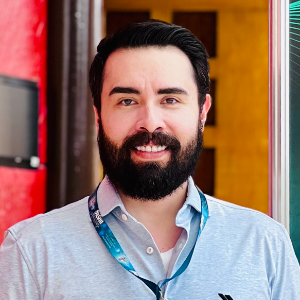
Luis Felipe Vargas Garcia
Hospital Christus Muguerza Alta Especialidad, MexicoConference Schedule
Registration
Opening Ceremony and Introduction
Keynote Session I
Refreshment Break
Keynote Session II
Lunch
Break Out Session I
Refreshment Break
Break Out Session II
Keynote Session III
Refreshment Break
Break Out Session III
Lunch
Poster Presentations
Refreshment Break
Break Out Session IV
Keynote Session IV
Refreshment Break
Break Out Session V
Lunch
Break Out Session VI
End Note Session and Closing Ceremony
Photo Gallery
Testimonials

It was a great experience and I got to learn a lot from the other presentations and lectures held as well. I look forward to participating in future conferences as well.

Thank you for organizing the meeting. Everything went smoothly for me.

Thank you and congratulations for so interesting Conference.

I would like to congratulate you and your mates for the good job that all of you did to schedule all the presentations. I felt that all the presentations were very interesting and of high quality. I hope that me or researchers from my team will be able to participate in future editions.

This Conference is a very fantastic event with very high quality speakers from all over the world.

Neurology Virtual event was an interesting event. Thanks for the opportunity to participate.

This Conference is a Spectacular conference, interaction between speakers has been very enlightening for me I will attend the future conferences.

One of the most interesting conference, having a huge number of presenters.

It is a great pleasure and honor to attend This Conference, the event has a good collection of top researchers around the globe.
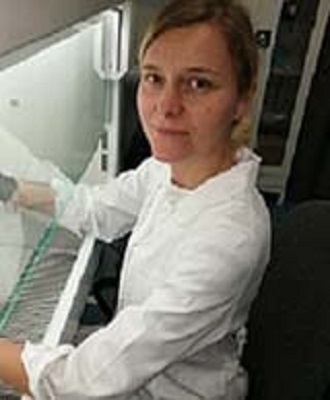
I would like to congratulate you on organizing a very interesting conference.











